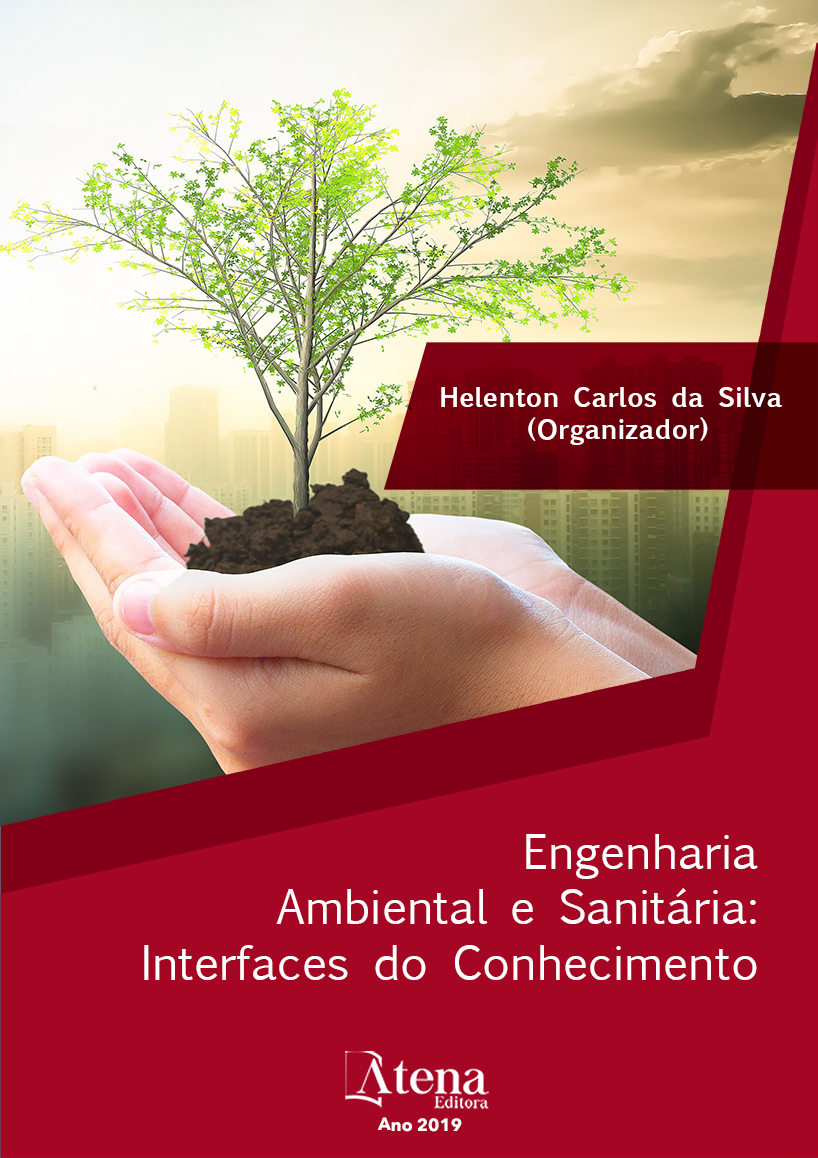
EFEITOS DE DILUIÇÕES DE ÁGUA PRODUZIDA DO PETRÓLEO NO DESENVOLVIMENTO DO GIRASSOL CULTIVADO EM CASA DE VEGETAÇÃO
Este trabalho objetivou estudar os efeitos de diluições de água residuária do petróleo tratada sobre o número de folhas, diâmetro de caule, diâmetro do capítulo, altura de plantas e produção do girassol H-360 no semiárido potiguar. O experimento foi conduzido em casa de vegetação, no Departamento de Ciências Agrárias e Florestais da Universidade Federal Rural do Semi-Árido, em Mossoró-RN. O delineamento experimental utilizado foi em blocos casualizados com cinco tratamentos e cinco repetições. Os tratamentos foram constituídos por diluições de água residuária do petróleo tratada (APT) em água de abastecimento (AA). Realizou-se também a caracterização físico-química das diluições (pH, condutividade elétrica, Ca+2, Mg2+, Na+, K+, Cl-, CO3-, HCO32-, Cu, Zn, Mn, Fe, Ni, Cd, Pb, Cr, Al, As e Ba). As análises físico-químicas das diluições de APT em AA revelaram que os valores médios dos atributos pH, CO3- (Carbonato) e K+ (Potássio) estão acima dos limites usuais para fins de irrigação, enquanto os demais atributos atendem aos padrões para reúso agrícola. Não houve diferença estatística entre as diluições de água APT em relação às características número de folhas, diâmetro de caule, altura de planta e produção do girassol, enquanto a diluição T1 diferiu estatisticamente de T2 em relação ao diâmetro de capítulo. Em geral, a diluição T2 foi a mais adequada para o cultivo do girassol, devido aos melhores resultados em relação ao diâmetro de capítulo, diâmetro de caule e número de folhas e com menor potencial de impacto ambiental em relação às demais diluições.
EFEITOS DE DILUIÇÕES DE ÁGUA PRODUZIDA DO PETRÓLEO NO DESENVOLVIMENTO DO GIRASSOL CULTIVADO EM CASA DE VEGETAÇÃO
-
DOI: 10.22533/at.ed.93519091024
-
Palavras-chave: Resíduo líquido. Reúso. Irrigação. Oleaginosa.
-
Keywords: Liquid waste. Reuse. Irrigation. Oleaginous.
-
Abstract:
The objective of this work was to study the effects of dilutions of wastewater of the treated oil on the number of leaves, stem diameter, diameter of the chapter, height of plants and production of sunflower H-360 in the semiarid potiguar. The experiment was conducted in a greenhouse at the Department of Agrarian and Forestry Sciences of the Universidade Federal Rural do Semi-Árido in Mossoró-RN. The experimental design was a randomized block with five treatments and five replicates. The treatments were constituted by dilutions of wastewater of treated oil (APT) in water supply (AA). The physical-chemical characterization of the dilutions (pH, electrical conductivity, Ca+2, Mg2+, Na+, K+, Cl-, CO3-, HCO32-, Cu, Zn, Mn, Fe, Ni, Cd, Pb, Cr, Al, As e Ba). The physicochemical analyzes of the APT dilutions in AA revealed that the mean values of the pH, CO3- (Carbonate) and K+ (Potassium) attributes are above the usual limits for irrigation purposes, while the other attributes meet the standards for agricultural reuse . There was no statistical difference between the APT water dilutions in relation to the number of leaves, stem diameter, plant height and sunflower production, while T1 dilution statistically differed from T2 in relation to the diameter of the chapter. In general, the T2 dilution was the most adequate for sunflower cultivation, due to the best results in relation to the diameter of the stem, stem diameter and number of leaves and with less potential of environmental impact in relation to the other dilutions.
-
Número de páginas: 15
- Aline Daniele Lucena de Melo Medeiros
- Ana Beatriz Alves de Araújo
- Antonio Diego da Silva Teixeira
- Raionara Dantas Fonseca
- Emmila Priscila Pinto do Nascimento
- Juli Emille Pereira de Melo
- Jéssica Sousa Dantas
- Igor Estevão Sousa Medeiros
- Leonardo Cordeiro da Silva
- Fabrícia Gratyelli Bezerra Costa Fernandes
- Rafael Oliveira Batista
- Audilene Dantas da Silva


